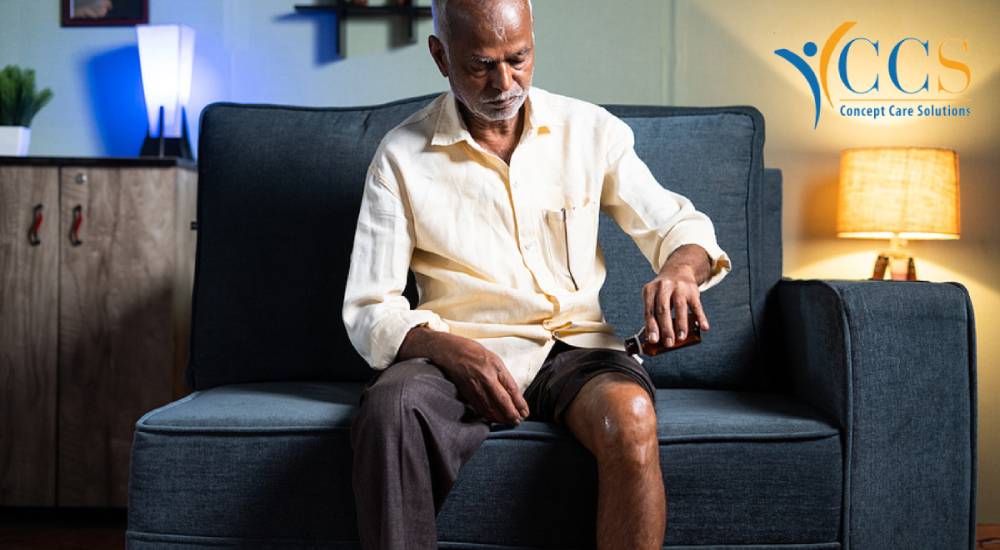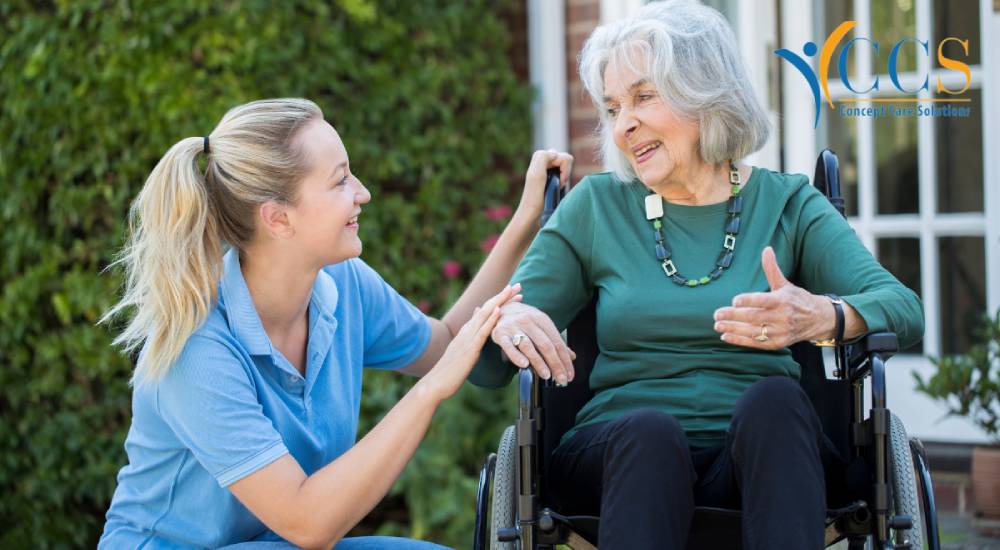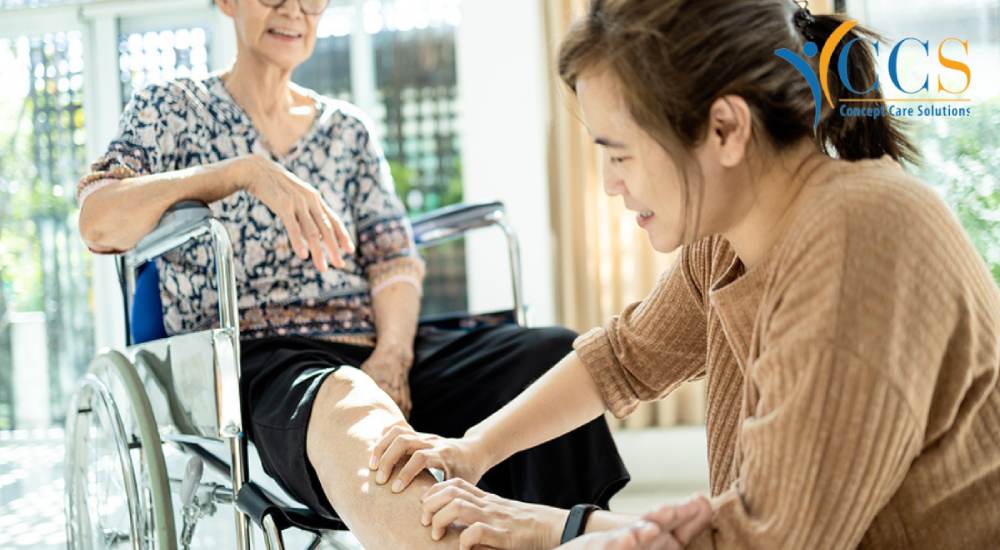As we age, maintaining mobility and strength becomes increasingly crucial to ensure a high quality of life. For elderly individuals, the ability to move freely amd perfom daily tasks independently is not just about physica well-being but also emotional and mental health. Physical therapy at home is an invaluable tool that elderly individuals and their families should consider to support overall health and longevity.
Why Mobility Matters
Mobility is a key indicator of an elderly person’s ability to live independently. When an individual can move around their home without assistance, they can take care of themselves, perfoem daily tasks, and maintain their dignity. However, with age, muscles and joints naturally weaken, making it harder to move as easily as before. This is wherew physical therapy steps in. By focusing on strengthening exercises and improving balance, physcal therpay helps elderly individuals maintain their mobility, reducing the risk of falls and injuries, which are common concerns as we age.
The Benefits of Strength Training
Strength training is another critical aspect of physical therapy that benefits the elderly. As muscles weaken over time, they are less able to support the body, leading to increased strain on bones and joints. This can result in pain, reduced mobility, and a higher risk of fractures. Regular physical therapy seesions that include strength training exercises can help combat this muscle loss. These exercises are designed to be safeand appropriate for the elderly, ensuring that they can build strength without risking injury.
Personalised Care
One of the greatest advantages of physical therapy at home is the personaliesd care that it offers. Therapists can tailor exercises and treatment plans tosuit the individual’s specific needs and living environment. This personalised approach not only enhances the effectiveness of therapy but also ensures that exercises are practical and can easily incorporated into the individual’s daily routine. Being in familiar environment can also reduce stress and anxiety, which often accompany, visits to clincs or hospitals.
Enhancing Mental and Emotional Well-Being
Physical therapy does more than just improve physical health; it also has significant benefits for mental and emtional well-being. Regular phyical activitu, such as the exercises prescribed in physial therapy, has been shown to reduce symptons of deprssion and anxiety, improve mood, and increase overall life satisfaction. For elderly individuals, maintaiing a routine and achieving small, consistent improvements in their physical capabilities can be incredibly empoweing, boosting their confidence and sense of independence.
A Preventative Approach to Health
Finally, physical therapy serves as a preventative measure against many common issues associated with ageing. By proactively addressing mobility and strength, elderly individuals can avoid the cycle of decline that often leads to greater dependency on others. With regular physical therapy, many elderly individuals can delay or even prevent the need for more intensive care services, allowing them to age gracefully in the comfort of their own homes.
The benefits of maintaining mobility and strength cannot be overstated, and physical therapy at home offers a practical, effective, and compassionate approach to achieving this goal.





